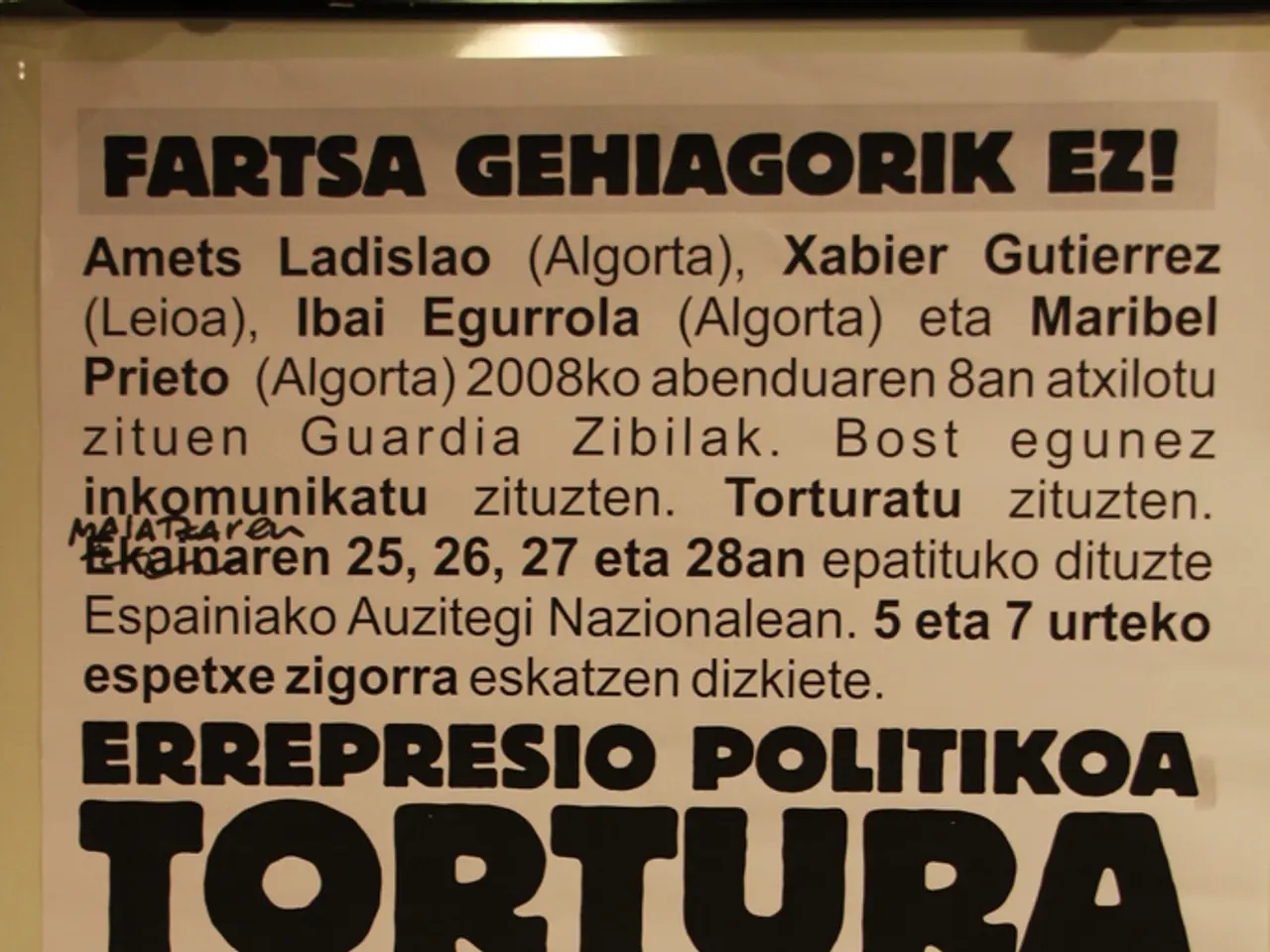Striking miners delay their action due to unresolved wage disagreement
In a significant turn of events, the Turkish Mine Workers' Union (Maden-İş) has had their planned strike postponed for 60 days, as announced by a presidential decree signed by President Recep Tayyip Erdoğan and published in the Official Gazette on July 30, 2025 [1][3][5].
The strike, scheduled to start on August 1, 2025, was set to take place at state-owned Eti Maden Enterprises across four key mining sites: the General Directorate Headquarters in Ankara, and Boron Operations Directorates in Bigadiç (Balıkesir), Kırka (Eskişehir), and Emet (Kütahya) [1].
The postponement aligns with Article 63 of Law No. 6356 on Trade Unions and Collective Bargaining Agreements, which permits strikes to be delayed for up to 60 days if they are deemed to threaten public health or national security [1][5]. However, it's important to note that once postponed, a strike cannot legally resume.
The context of this postponement includes ongoing stalled collective bargaining talks involving more than 600,000 public sector workers. The government had proposed a wage increase package (24% for the first half of 2025, followed by smaller raises), which the Mine Workers’ Union and the national center Türk-İş rejected as insufficient against high inflation [3].
If no agreement is reached within the 60-day postponement period, the dispute is referred to the High Arbitration Board, which delivers a binding decision. This process bypasses workers’ right to strike and results in a settlement imposed without further negotiations [3].
Industry unions and labor rights watchdogs criticize the move, emphasizing that previous similarities in strike bans have drawn criticism from international bodies like the International Labour Organization (ILO), which condemns such restrictions on the right to strike [3].
In summary, the strike postponement order in the Official Gazette is a state action justified by national security concerns, legally grounded in Turkish labor law, but effectively blocking the strike and favoring compulsory arbitration amid unresolved wage disputes in the mining sector [1][3][5].
References:
- Anadolu Agency
- Hurriyet Daily News
- Reuters
- BBC News
- Official Gazette of the Republic of Turkey
- The postponement of the Mine Workers' Union strike aligns with the finance sector, as both the government's wage increase package and the potential decision by the High Arbitration Board affect the industry's economic environment.
- Industry unions and labor rights watchdogs question the legality of the strike postponement in the business world, pointing to international bodies urging Turkey to protect workers' right to strike and to uphold labor law standards.




